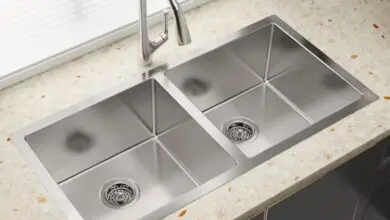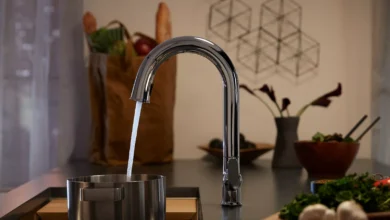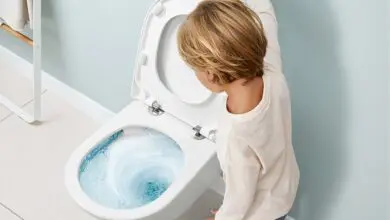Water Heater Maintenance Tips from Plumbers: How to Extend the Life of Your Unit
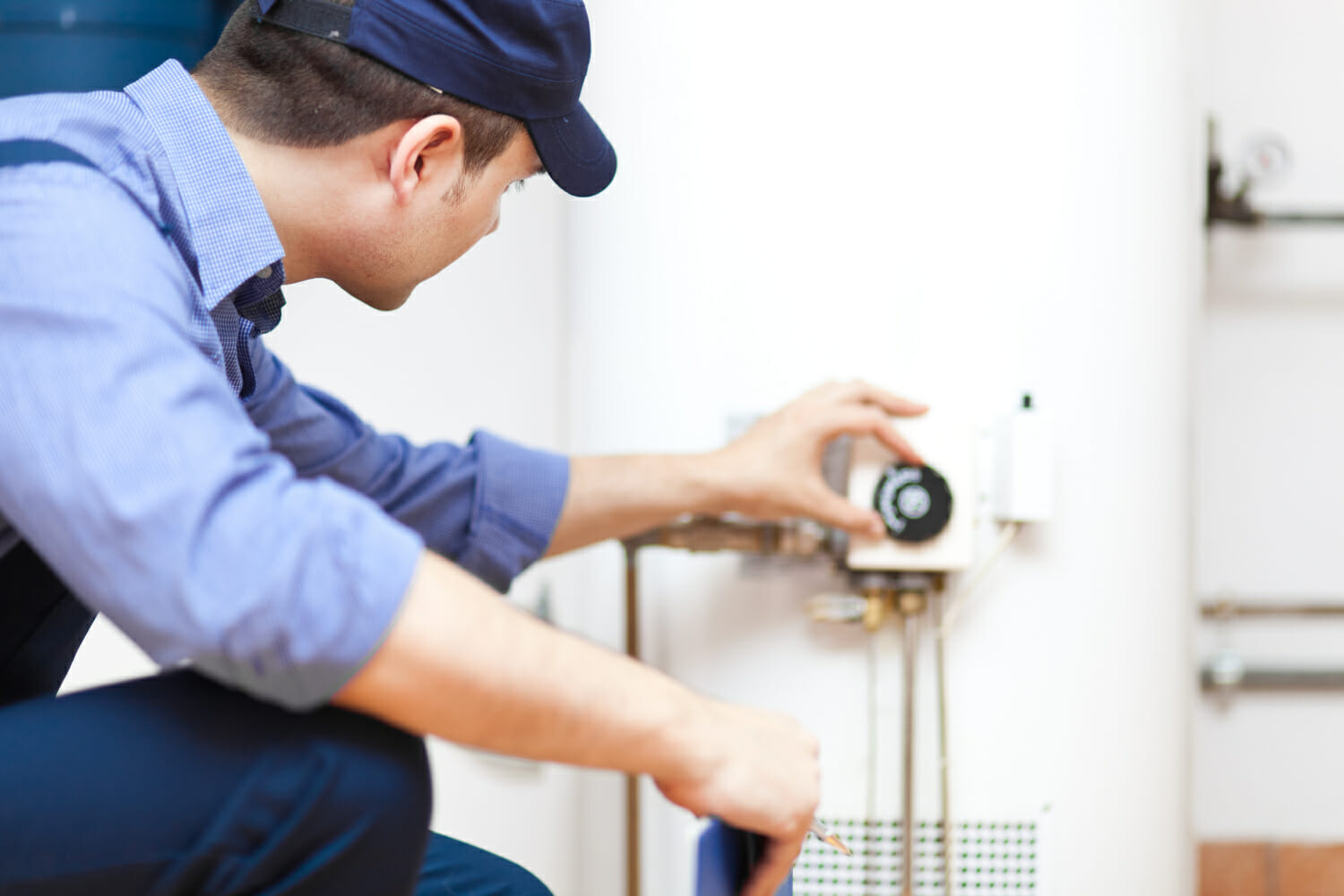
A water heater is an essential appliance in your home, providing hot water for bathing, cooking, and cleaning. However, many homeowners neglect to maintain their heaters, leading to premature breakdowns and costly repairs. Fortunately, with a little bit of effort and attention, you can extend its life and save yourself time, money, and inconvenience.
In this article, we’ll discuss some easy water heater maintenance tips from plumbers that you can follow to keep your unit running smoothly and efficiently.
Check the Temperature and Pressure Relief Valve
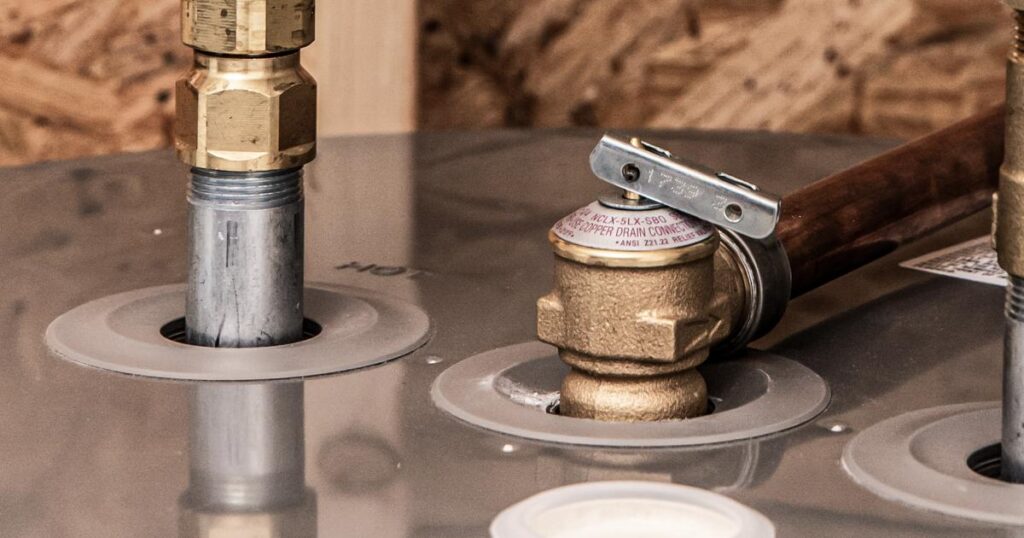
The temperature and pressure relief (TPR) valve is a critical safety feature of your water heater that prevents it from overheating and exploding. Plumbers recommend testing this valve at least once a year to ensure that it is functioning correctly. To do this, turn off the power to the unit, locate the TPR valve on the top or side of the tank, and lift the lever to allow some water to discharge. If you don’t see any water come out or if the valve continues to leak after you release the lever, it may be time to replace the valve.
Drain the Tank
Sediment buildup is a common problem in water heaters, which can reduce their efficiency and lead to corrosion and leaks. To prevent this, plumbers suggest draining the tank every six months or so. To do this, turn off the power and cold water supply to the unit, attach a hose to the drain valve at the bottom of the tank, and run it to a drain or bucket. Open the valve and allow the water to drain until it runs clear. Then, close the valve and turn on the water supply and power to the unit.
Insulate the Tank and Pipes
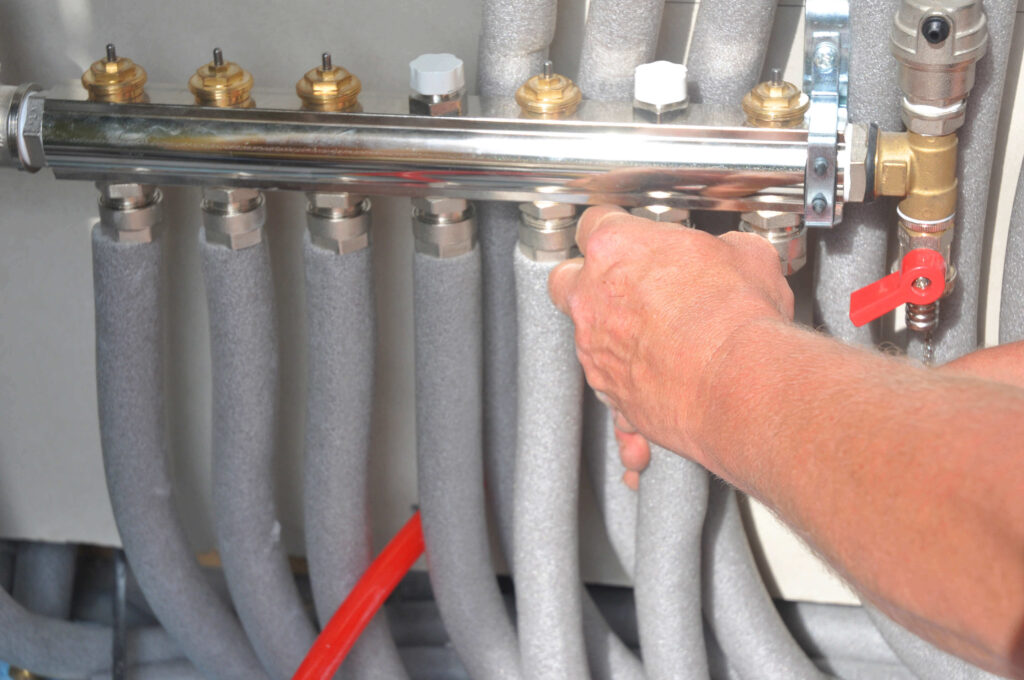
Insulating your water heater and pipes can help reduce heat loss and improve energy efficiency. This is especially important if your heater is located in an unheated space such as a garage or basement. You can purchase pre-cut insulation jackets or blankets for your tank and foam insulation sleeves for your pipes at most home improvement stores.
Check the Anode Rod
The anode rod is a sacrificial component in your water heater that attracts corrosive particles and protects the tank from rust and decay. However, over time, the rod can become corroded and ineffective, leaving your tank vulnerable to damage. Plumbers recommend inspecting the anode rod every year and replacing it if it is more than 50% corroded. To do this, turn off the power and cold water supply to the unit, locate the rod on the top of the tank, and use a wrench to unscrew it. If it is heavily corroded, purchase a replacement rod and install it.
Test the Thermostat
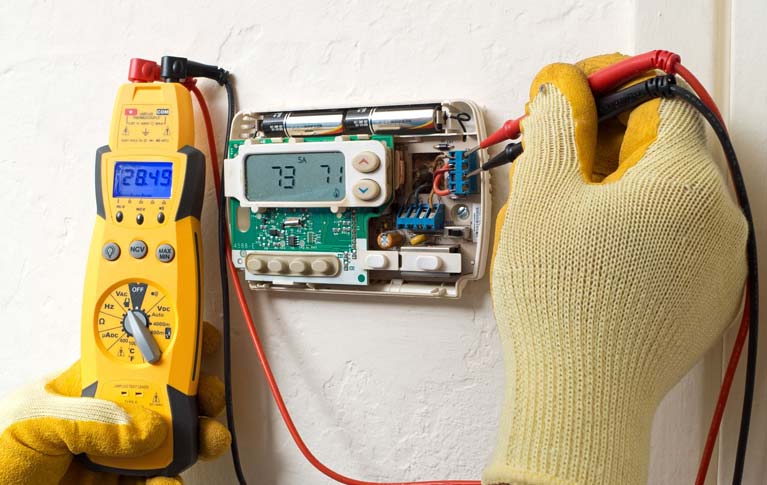
Your heater’s thermostat controls the temperature of the water in the tank. Over time, it can become inaccurate or fail, leading to inefficient heating and potentially scalding water. Plumbers recommend testing the thermostat every year to ensure that it is functioning correctly. To do this, turn off the power to the unit, remove the access panel on the side of the tank, and use a thermometer to check the temperature of the water. Compare this to the temperature setting on the thermostat, and adjust it as necessary.
In conclusion, taking care of your water heater is a simple but essential task that can help you avoid costly repairs and extend the life of your unit. By following these maintenance tips from plumbers, you can keep your heater running efficiently and reliably for years to come. Remember to always follow manufacturer guidelines and consult a licensed professional if you are unsure or uncomfortable with any aspect of water heater maintenance or repair.

